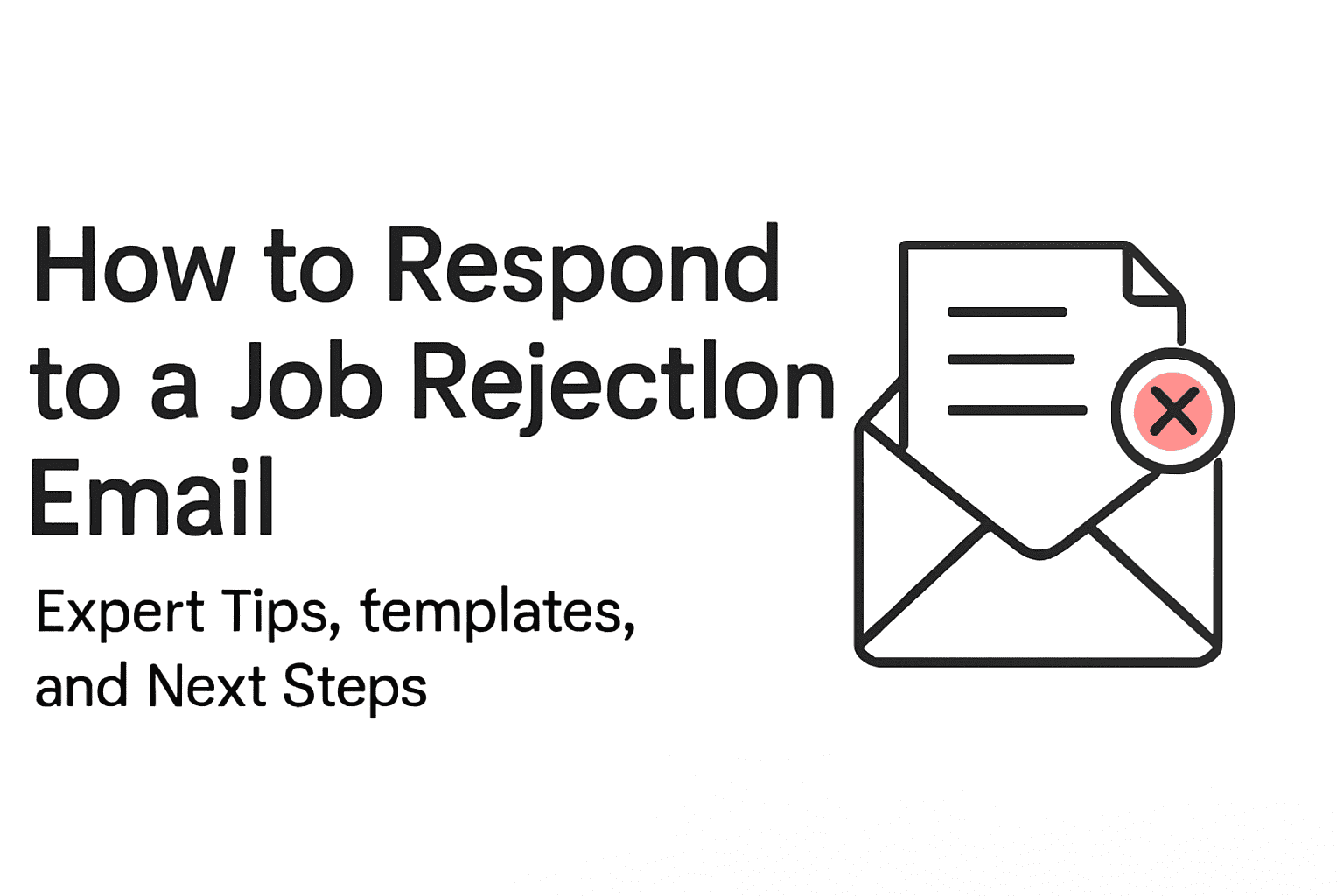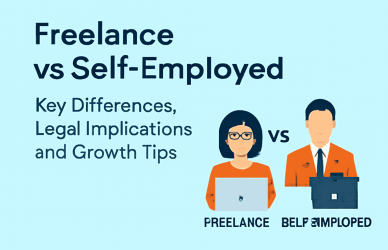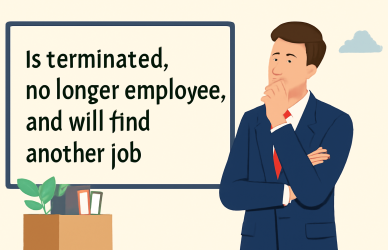Why Responding to a Job Rejection Email Matters
- Demonstrate Professionalism: Responding politely shows that you are a professional who can handle setbacks with grace.
- Keep the Door Open for Future Roles: Employers are always on the lookout for talented candidates, and if you show continued interest, they may keep you in mind for future opportunities.
- Build Your Network: Even if you don’t get the job, responding to the rejection email as this can help you build a connection with the hiring manager or recruiter for future positions.
How to Respond to a Job Rejection Email and When?
Why Timing Matters
How to Craft a Thoughtful Response
Be Gracious and Thankful
“Thanks to you for considering my application for the [Job Title] position. I truly thank the time and effort you and your team took to review my qualifications and interview me.”
Acknowledge Your Disappointment
“While I am naturally disappointed by the decision, I understand that these decisions are difficult and appreciate the opportunity to interview.”
Reiterate Your Interest in Future Roles
“I remain very enthusiastic about the work that [Company Name] is doing, and I would love to be considered for any future opportunities that may arise.”
Request Constructive Feedback
“If you have any feedback regarding my interview or qualifications, I would greatly appreciate any insights you can share.”
Close on a Positive Note
“I wish you and your team achieve success in the future and hope our paths cross again soon.”
Sample Job Rejection Response Templates
Template 1: Gratitude and Interest
Subject: Re: [Job Title] Application
Dear [Hiring Manager’s Name],
Thank you for informing me about your choice regarding the [Job Title] position. While I’m disappointed, I truly thank you for the chance to speak with and find out more about [Company Name]. I remain very interested in your company and would love to be considered for future openings that align with my skills and experience.
Wishing you and your team continued success.
Best regards,
[Your Name]
Template 2: Request for Feedback
Subject: Re: [Job Title] Application
Dear [Hiring Manager’s Name],
Thank you for updating me on your decision regarding the [Job Title] role. While I was hoping for a different outcome, I respect your decision. To support my professional growth, I would be grateful for any comments you could make about my interview. or qualifications. Any insights would be greatly appreciated.
I remain enthusiastic about [Company Name] and look forward to being considered for future roles.
Best regards,
[Your Name]
Common Mistakes to Avoid
- Don’t Respond Too Quickly: Take the time to process your feelings before writing a response. Sending an emotional reply can come across as unprofessional.
- Avoid Complaints or Criticism: Never criticize the company, the hiring process, or the decision. Stay positive and professional.
- Don’t Be Desperate: While it’s important to show continued interest, don’t come across as overly eager or desperate for feedback or a future role.
Additional Tips for Turning Rejection into Opportunity
- Stay Positive: Even if you didn’t get the job, keep your spirits high. Every interview is an opportunity to hone your abilities and expertise.
- Keep Networking: Stay connected with the people you met during the interview process. Building your network is crucial for future opportunities.
- Reevaluate Your Resume and Skills: Use rejection as an opportunity to assess your qualifications and make any necessary improvements. You might need to tweak your resume or expand your skill set to stand out in future applications.
Final Thoughts
FAQ’s
A: While it’s not mandatory, responding to a job rejection email is a professional courtesy. It can help you maintain relationships and keep the door open for future opportunities.
A: It’s best to reply within 24 to 48 hours. A quick, thoughtful response shows professionalism.
A: Yes, if done politely and respectfully. Seeking feedback can offer valuable insights into your strengths and areas for improvement.






